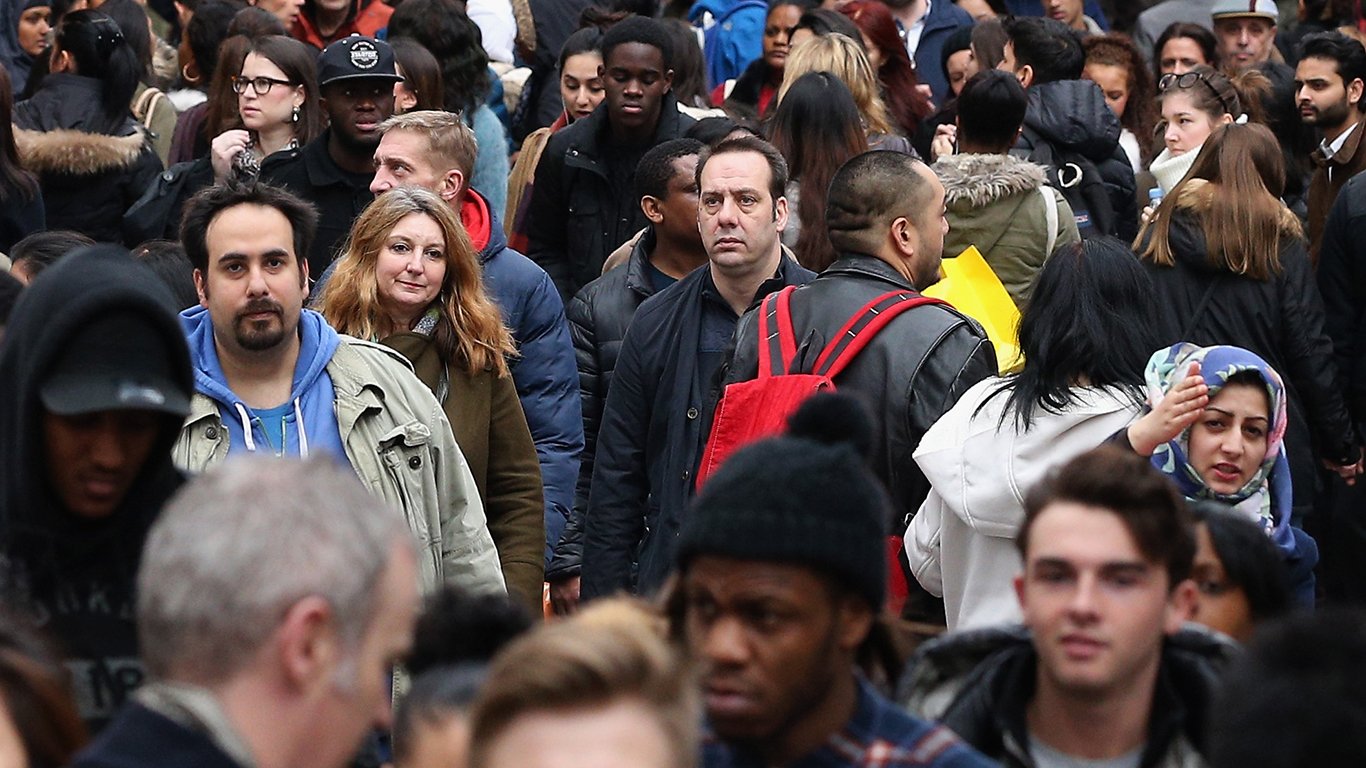

Consumer research firm Morning Consult reported Thursday morning that its consumer sentiment index slid from 111.3 on March 8 to 109.98 on March 12. Based on its daily surveys, this marks an overall six-week decline of 3.72 points since January 1. Since February 23, the index has dropped by more than 4.8 points.
John Leer, Morning Consult’s economist, suggests that recent volatility in U.S. equity markets is one possibility for the drop in consumer confidence. More than half of all U.S. households have investments in the stock market, many through 401(k) retirement savings plans. This heightens fears of long-term financial vulnerability related to market fluctuations.
The Dow Jones industrials dropped more than 9% shortly after the opening bell Thursday, while the S&P 500 dropped more than 8% and the Nasdaq Composite fell by nearly 8%. The steep drop triggered the automatic stop-limit that halts trading for 15 minutes when the market drops by 5%.
Crude oil has dropped by nearly 8% to $30.43 a barrel for West Texas Intermediate (WTI) and to $32.93 for Brent. Crude prices are down more than 33% over the past five trading days, largely as a result of the price war between Russia and Saudi Arabia.
Utility stocks traded down more than 9%, and the real estate sector is down just over 8%. Other market sectors taking big hits Thursday morning are industrials (down nearly 8%), basic materials (down 7.5%) and financials (down 7.5%).
Consumer confidence is particularly important to the U.S. economy because more than two-thirds of U.S. gross domestic product is derived from consumer spending. If Americans aren’t spending, for whatever reason, the effects will be felt throughout the economy.
Businesses directly affected by recommendations to avoid large gatherings of people are the first to be hurt. Airlines, hotels, cruise lines and virtually any other business that centers on travel are early victims. Sporting events, music festivals and every kind of major meeting or conference also have been canceled. Schools and colleges are closing and sending students home. Restaurants, bars, auto dealers and other retailers (not including grocery stores) could be next.
The United States has not yet reached the level of government-imposed restrictions seen in China or Italy. The president’s ban on travel from Europe to the United States is the first firm restriction the United States has imposed to halt the spread of the disease.
The epidemic in China has reportedly passed its peak. Only eight new infections were reported Thursday in Hubei province, the epicenter of the outbreak back in December. But severe restrictions on peoples’ movement may have been the only thing that curbed the spread of the disease. Will Americans accept similar restrictions if the disease continues to spread in the United States?
It took three and a half months for China’s epidemic to reach this point. That may be what Americans have to look forward to.
Thank you for reading! Have some feedback for us?
Contact the 24/7 Wall St. editorial team.
 24/7 Wall St.
24/7 Wall St.


